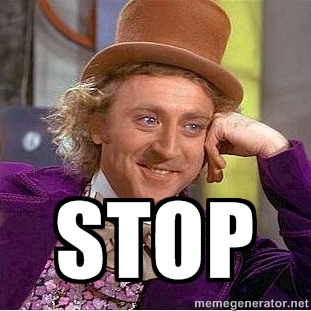Back in the day, you looked in your pants, and what you saw was what you were.
Today, the discord between gender and biological sex has never been more apparent.
There are whole movements based on the idea that the gender that you connect to may not be mirrored by your genitalia.
There are many issues that have to be discussed on this subject, not least why gender dysphoria, gender fluidity, and gender neutrality have become more and more prevalent in recent years.
It is undeniable that at least some of those people who feel that their sex and gender do not match are jumping on the gender bandwagon, and that at some point in their lives, they will inevitably fall off.
I know that what I'm about to say sounds incredibly harsh and intolerant, but I'll go ahead anyway; gender identity disorders are mental issues and, especially in children and young people, should not be celebrated.
There have been quite a few studies which support the idea that gender is somewhat dependant on surrounding, but is, in fact, mostly biological. This means that although most people with gender identity disorders are the real deal, it is undeniable that at least some of those people who feel that their sex and gender do not match are jumping on the gender bandwagon - and that at some point in their lives, they will inevitably fall off.
With celebrities like Miley Cyrus coming out as gender fluid, it is no surprise that there are people who believe that it makes them more intriguing, a more interesting person to be around, if they have this super-interesting facet of themselves to share with people.
None if this is to say that these people are anywhere near a majority, and it actually lessens the stories of those for whom these conditions are real when there are people who are just using it as a fad.
With celebrities like Miley Cyrus coming out as gender fluid, it is no surprise that there are people who believe that it makes them more intriguing, a more interesting person to be around, if they have this super-interesting facet of themselves to share with people.
None if this is to say that these people are anywhere near a majority, and it actually lessens the stories of those for whom these conditions are real when there are people who are just using it as a fad.
I guess what I'm trying to say is that there's a difference between wanting to challenge gender stereotypes, and not collating your gender with your sex.
You can do one without the other, and it doesn't make you any less cool.











